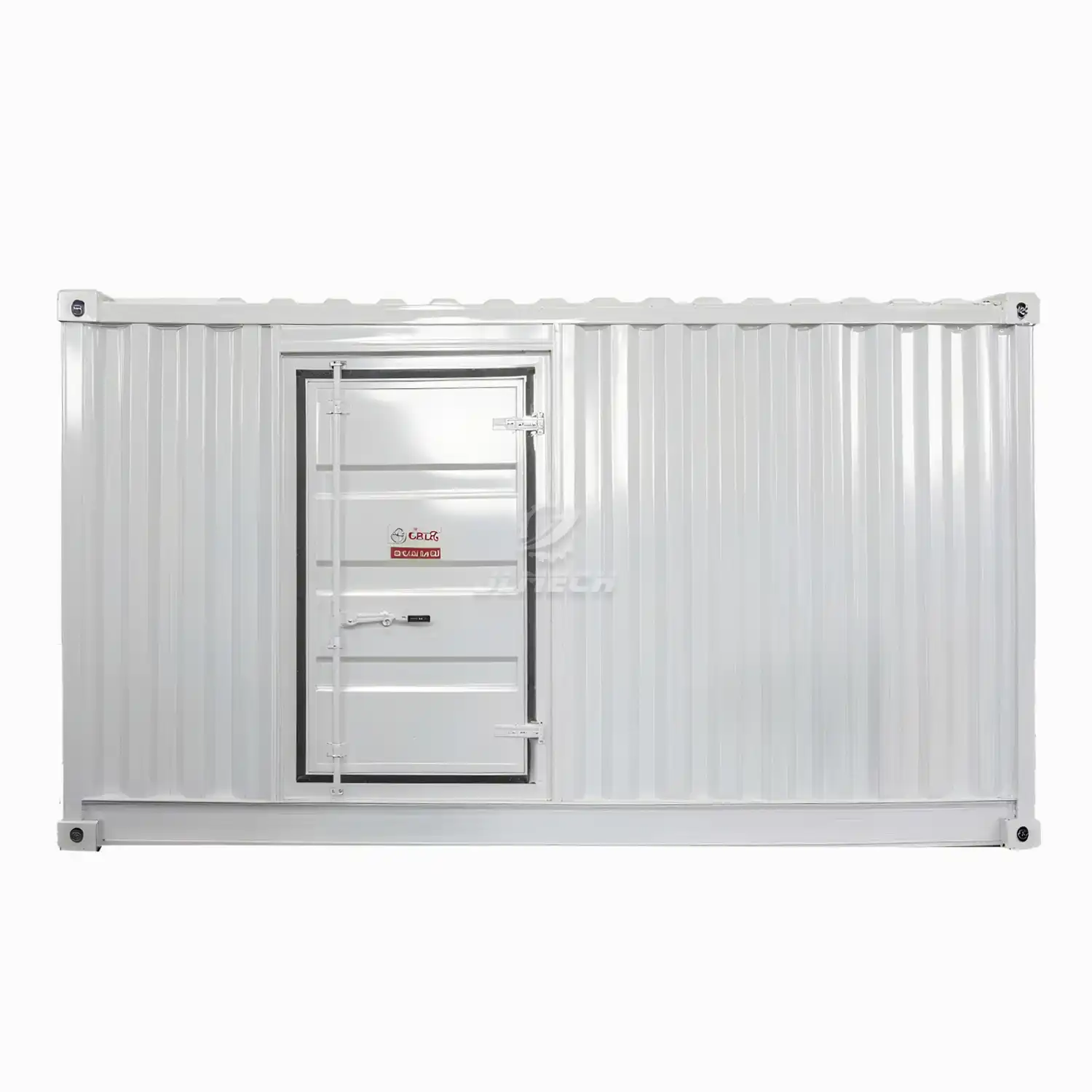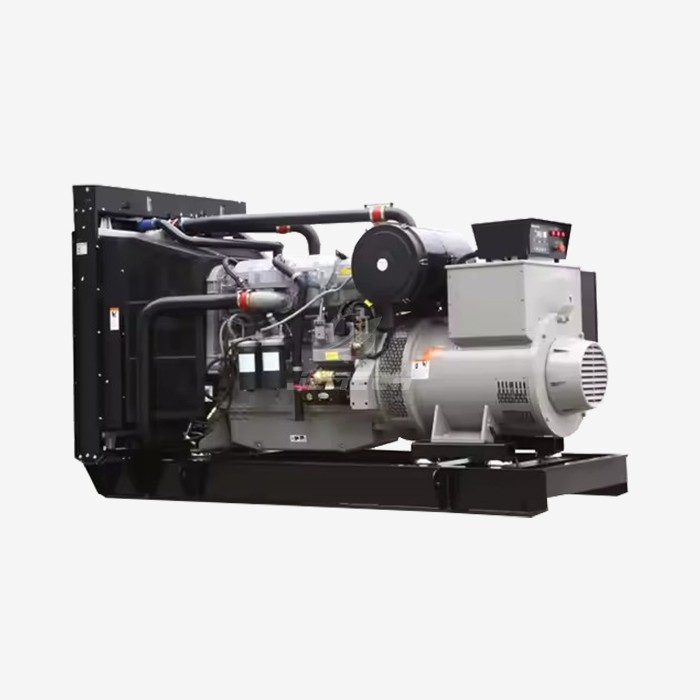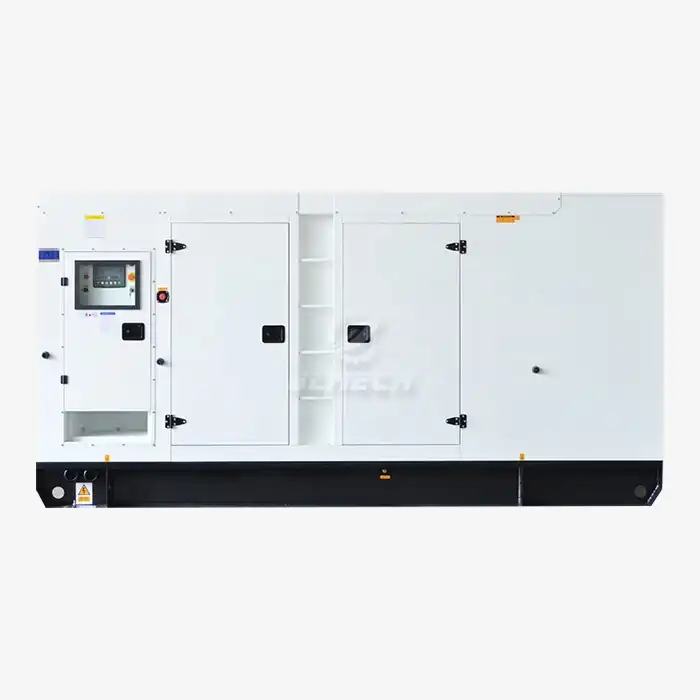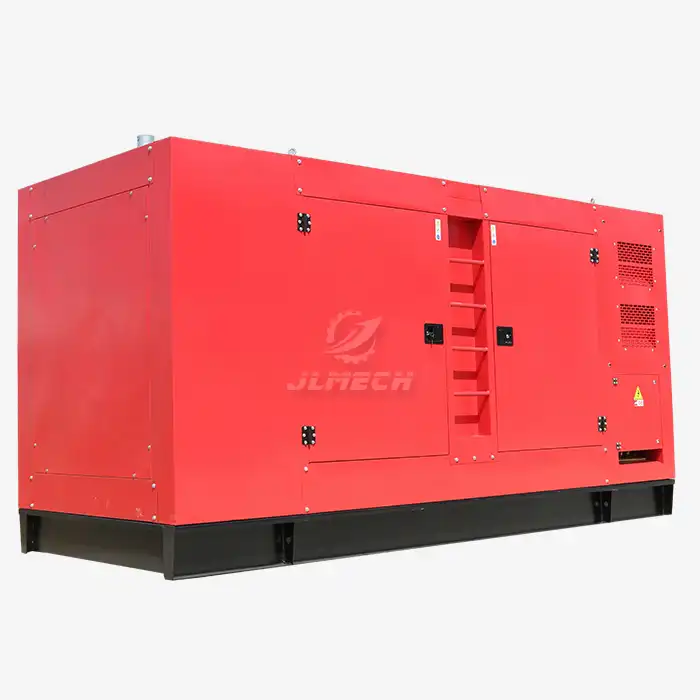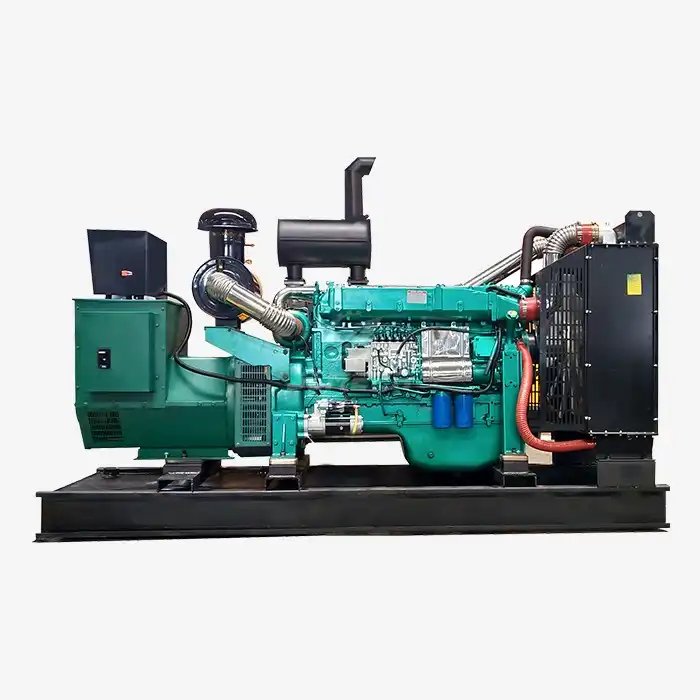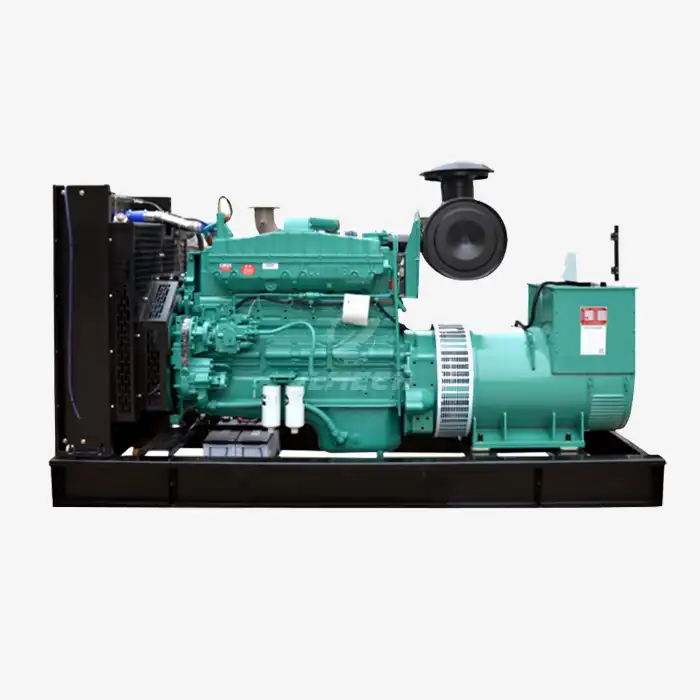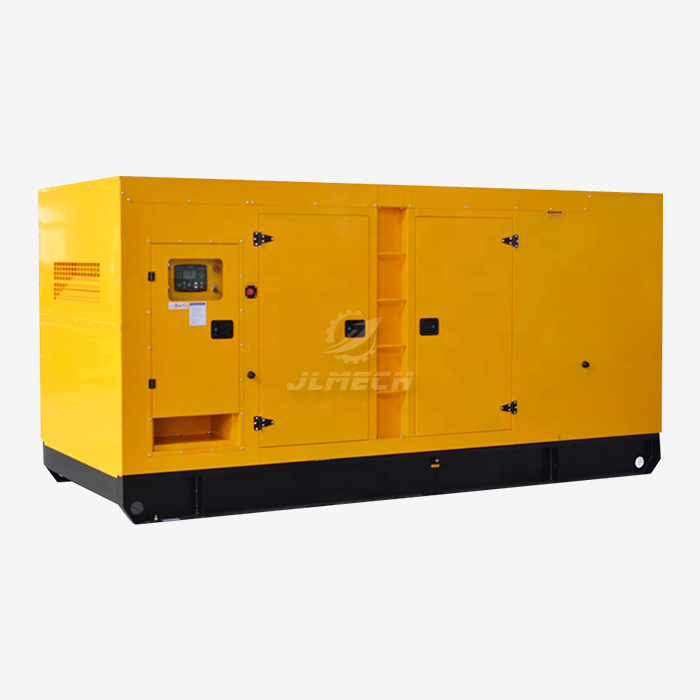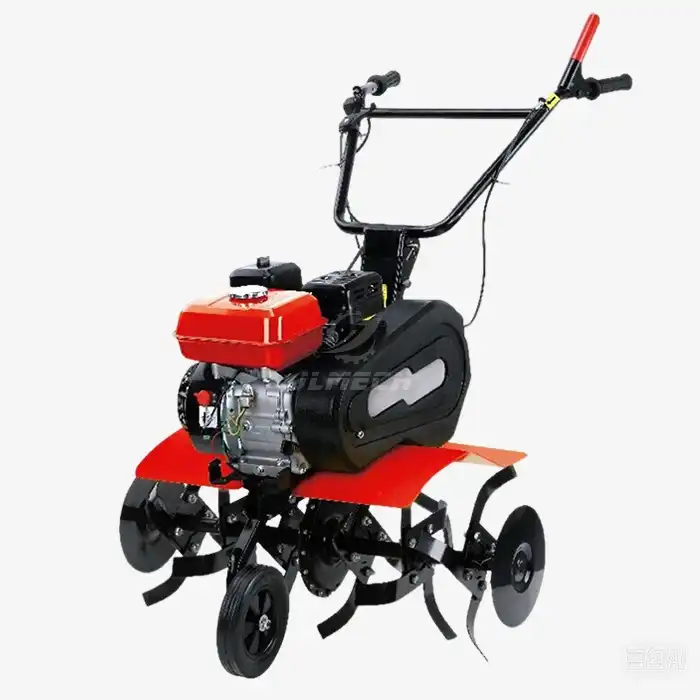Which type of governing is used in a diesel engine?
When it comes to diesel generator performance, one component stands as the true guardian of stability: the governor. This sophisticated control system is responsible for maintaining consistent engine speed regardless of load variations, ensuring your generator delivers reliable power when you need it most. Understanding different diesel engine governor types and their applications is crucial for selecting the right power solution for your specific needs. From basic mechanical systems to advanced electronic controls, the choice of governor directly impacts your generator's performance, fuel efficiency, and operational reliability.

The Basics of Engine Governing
A governor is essentially an automatic speed control system that maintains a predetermined engine RPM by precisely regulating fuel flow. When electrical load increases, the engine tends to slow down; when load decreases, it tends to speed up. The governor counteracts these changes by automatically adjusting the fuel injection rate to maintain constant speed. This fundamental principle applies across all diesel engine governor types, though the implementation varies significantly between different technologies. The governor's ability to maintain stable speed under changing load conditions is what ensures your generator delivers consistent voltage and frequency.
Mechanical Governors
Mechanical governors represent the traditional approach to engine speed control, using purely mechanical components to regulate fuel delivery.
Working Principle: These systems use rotating flyweights driven by the engine gear train. As engine speed changes, centrifugal force moves these weights outward or inward, mechanically linking to the fuel injection control lever through a series of springs and levers.
Key Characteristics:
Simple, robust construction with minimal electronics
Moderate response time to load changes
Typically provides ±3-5% speed regulation (isochronous or droop)
Limited adjustment capabilities without physical modifications
Best Applications: Mechanical governors work well for small to medium-sized generators in non-critical applications where precise frequency control isn't essential, such as construction sites or agricultural operations.
Electronic Governors
Electronic governors represent the modern standard for precision speed control, using sophisticated sensors and processors to maintain exact engine RPM.
Working Principle: These systems employ magnetic speed sensors to monitor actual engine RPM, comparing this reading to a setpoint in an electronic control unit (ECU). The ECU calculates the necessary fuel adjustment and sends signals to an actuator that precisely positions the fuel control mechanism.
Key Characteristics:
Excellent speed regulation (typically ±0.25% or better)
Rapid response to load changes
Programmable parameters and protection functions
Compatibility with system integration and remote monitoring
Best Applications: Electronic governors are ideal for applications requiring precise frequency stability, including healthcare facilities, data centers, telecommunications, and manufacturing plants with sensitive equipment.
Hydraulic Governors
Hydraulic governors serve as an intermediate solution between mechanical and electronic systems, using fluid power to amplify control signals for larger engines.
Working Principle: These systems combine mechanical sensing with hydraulic amplification. Flyweights still detect speed changes, but instead of directly moving the fuel rack, they control a pilot valve that directs hydraulic oil to a powerful servo motor, which then adjusts fuel delivery.
Key Characteristics:
High power output for controlling large fuel systems
Good stability under varying load conditions
More complex than mechanical governors but less precise than electronic systems
Typically provides ±1-3% speed regulation
Best Applications: Hydraulic governors are well-suited for medium to large industrial engines and marine applications where mechanical systems lack sufficient power for fuel control.
Selecting the Right Governor
Choosing the appropriate governing system requires careful consideration of your specific operational requirements and performance expectations.
Performance Requirements: Evaluate your need for frequency stability - electronic governors deliver superior performance for sensitive applications
Load Characteristics: Consider the magnitude and frequency of load changes - electronic governors handle large, sudden load changes most effectively
Operating Environment: Assess environmental conditions - mechanical governors may be preferable in extreme temperatures or high-vibration environments
Budget Considerations: Balance initial cost against long-term operational benefits - electronic governors typically offer better fuel efficiency and protection
Future Expansion: Consider system integration needs - electronic governors facilitate remote monitoring and control integration
Understanding these different diesel engine governor types enables you to make an informed decision that balances performance requirements with operational constraints.
Applications and Industry Usage
Different industries and applications demand specific governor characteristics to meet their unique operational requirements.
Standby Power Systems: Electronic governors are preferred for their quick response to sudden load application when utility power fails
Prime Power Applications: Electronic governors provide superior frequency stability for continuous operation with varying loads
Marine and Offshore: Hydraulic or electronic governors withstand harsh environments while maintaining reliable speed control
Mining and Construction: Robust mechanical or basic electronic governors handle tough operating conditions with minimal maintenance requirements
Cogeneration Plants: Advanced electronic governors enable precise power management and grid synchronization capabilities
Maintenance and Troubleshooting
Proper maintenance ensures optimal governor performance and extends the service life of your diesel generator.
Mechanical Governors: Require regular lubrication, linkage inspection, and wear component replacement
Electronic Governors: Need sensor calibration, connector inspections, and software updates
Hydraulic Governors: Require fluid quality monitoring, filter changes, and seal inspections
Common Issues: Speed drift, hunting (continuous speed oscillation), slow response, and failure to maintain rated speed typically indicate governor problems
Preventive Measures: Regular testing under load, proper fuel system maintenance, and periodic professional calibration maintain governor performance
Conclusion
The selection of appropriate governing technology is a critical decision that directly impacts generator performance, reliability, and operational costs. While mechanical governors offer simplicity and robustness for basic applications, electronic governors provide the precision and response characteristics needed for today's demanding power applications. Understanding the capabilities and limitations of different diesel engine governor types empowers you to select the optimal solution for your specific power requirements, ensuring reliable performance when you need it most.
Our technical team can help you select the ideal governing system for your specific application and operational requirements. For professional guidance and generator solutions, please contact us at skala@whjlmech.com.
References
International Organization for Standardization. (2018). Reciprocating internal combustion engine driven generating sets — Part 1: Application, ratings and performance (ISO 8528-1:2018).
Generator Manufacturers Association. (2021). Guidelines for Rating and Application of Generator Sets. GMA Technical Publication TP-101.
National Fire Protection Association. (2020). Standard for Emergency and Standby Power Systems (NFPA 110).
Woodward, Inc. (2019). Governor Theory and Application Manual. Technical Publication GN26.
Caterpillar Inc. (2020). Governor Systems Operation and Maintenance. Service Publication SEBD0646.



